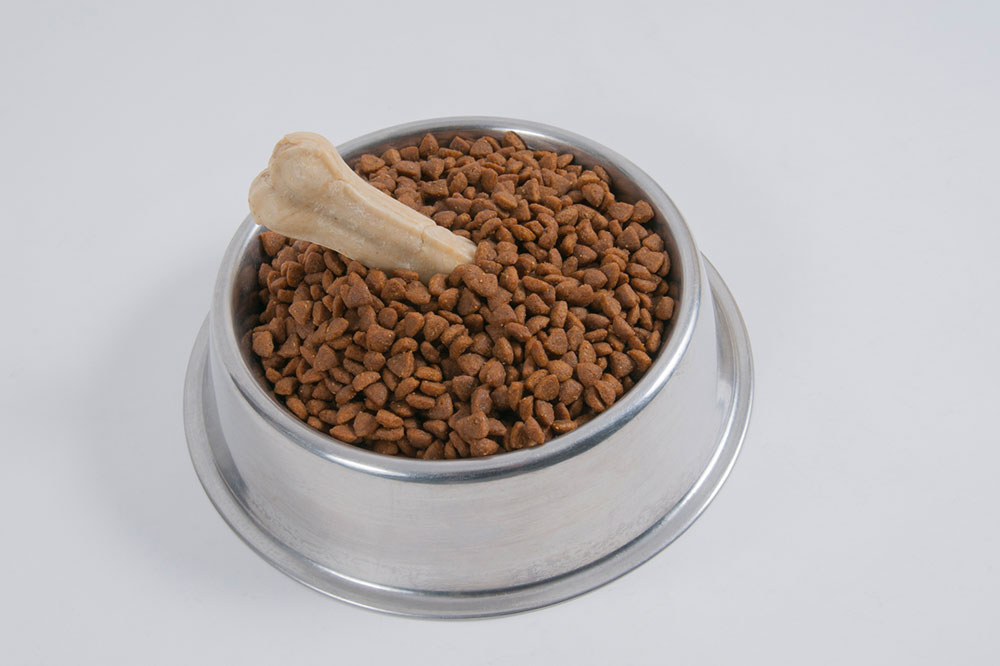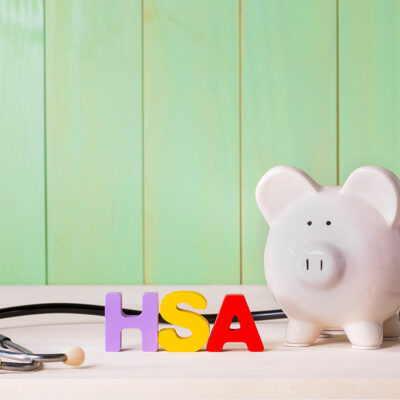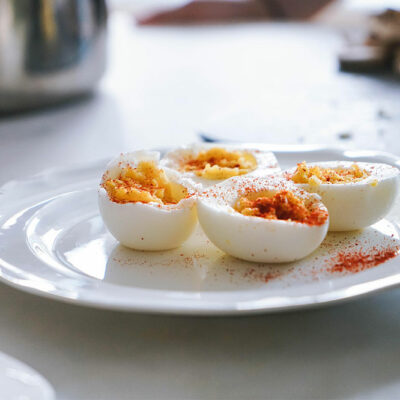
Effective Tips to Improve Your Dog’s Diet
While pet parents can make decisions regarding their own diets when they want to lose weight, eat more healthy foods, address a health problem etc, this privilege is not available to our furry friends. They depend on us to provide them with the right food, well balanced and comprising all the essential elements and one that provides interest and variety as well.
If you’re providing packaged dog food to your dog because of the convenience, it is probably complete and planned according to your dog’s size, breed, and weight. But you can always supplement it or enhance it with a few personal touches of your own.
While homemade dog food takes effort and time to prepare, it may appeal more to your pet in terms of freshness, taste, and variety. But pet parents need to evaluate it in terms of nutrition and the right balance with your furry friend’s dietary requirements.
Talk to your vet and get some handy tips to improve your dog’s diet based on their individual needs and preferences.
Pay attention to your dog’s needs
Your dog’s dietary needs change according to age, lifestyle, and health condition. One of the risks of feeding packaged food is that we tend to fill the bowl automatically at feeding times (and it’s promptly wolfed down) without really paying attention to whether the meal is in sync with the dog’s age, whether he/she needs to lose weight, is recovering from an illness, pregnancy or surgery etc. If your dog has nutritional deficiencies or is allergic to certain items, ensure that you provide the appropriate diet.
Don’t overfeed
Many pet parents may not figure out that dogs aren’t the best judges of how much and when they should eat. As a result, you may feed your dog excessively, resulting in unnecessary weight gain, and bloating. Vets recommend that feeding should be based on breed, size and age.
Miniature/Toy: under 10lbs: 1/3rd to ½ cup a day
Small: 10-20lbs: ¾ to 1 2/3rd cups a day
Medium: 30-50lbs: 1 ¾ to 2 2/3rd cups a day
Large: 60-100+lbs: 3 to 4 ½ cups a day, adding extra 1/3 cup for every extra 10 lbs of weight for dogs that are over 100lbs.
Fresh foods
Fresh fruits and vegetables can add variety, appeal, and taste to commercially packaged foods. They can also help to provide roughage and fiber in case of problems with digestion.
Avoid gluten
Many packaged foods contain gluten that has been included to stop low-quality fats from getting spoiled in storage. Gluten creates embarrassing and foul-smelling gassy problems, constipation and kidney/liver damage.
Food affects your dog’s mood
Certain foods can trigger behavior and mood issues in both humans and dogs. Urinary tract infections may occur due to poor hydration and lack of certain important vitamins and minerals in the diet. This can trigger aggressive behavior, irritability, stress reactions, and depression in dogs when the pain and discomfort become too difficult to tolerate. Keep a watch on mood changes and monitor your dog’s diet closely to eliminate trigger foods.


